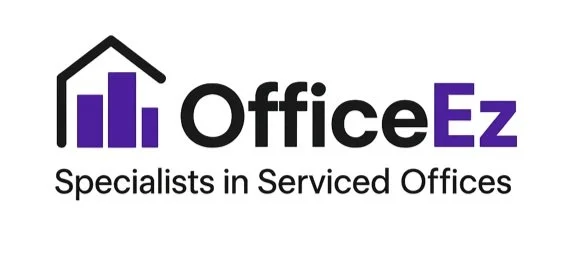
Wolverhampton
Serviced Offices in Wolverhampton — A Strategic Hub for the Modern Business
If you’re considering a base for your business in the West Midlands region, Wolverhampton offers a compelling mix of flexible workspace, strong travel links and a cost-effective alternative to the larger metropolitan centres. Below is an overview of what serviced offices in Wolverhampton offer, followed by a breakdown of the major travel advantages by rail and road.
Why Choose a Serviced Office in Wolverhampton?
Flexibility & Turn-key Solutions
Many serviced office providers in Wolverhampton offer fully furnished workspaces with all utilities included, short-term licences, and support services such as reception, mail handling, meeting rooms and IT infrastructure.Prime Locations
Locations within or adjacent to the city centre mean you’re close to amenities (restaurants, cafés, transport hubs) and visible to clients and partners.Good Value Compared to Larger Cities
For businesses that don’t want the premium rents of London or even central Birmingham, Wolverhampton offers cost-effective office space.Professional Environment & Services
Many centres bring in professional reception services, shared amenities like lounges/breakout areas, high-speed broadband, parking etc. These help smaller or scaling businesses punch above their weight.
Travel Connections — A Key Advantage
A serviced office is only as good as how accessible it is for staff, clients and suppliers. Wolverhampton performs strongly, thanks to its strategic location. Here are the key advantages.
Rail & Public Transport
The city’s main rail station, Wolverhampton railway station, is described in the city council’s infrastructure paper as providing services to major cities such as London, Liverpool, Manchester and beyond.
The metro/tram network (“West Midlands Metro”) offers frequent services between Wolverhampton and Birmingham, augmenting connectivity within the region.
Specific serviced office locations emphasise proximity to public transport. For example, the 4-5 Victoria Square site is just a one-minute walk from the transport interchange with bus, rail and tram access.
What this means for your business:
Your team can commute from a range of nearby towns and cities via rail/tram with minimal hassle.
Clients coming in from further afield (London, Manchester, etc) can reach your location relatively easily.
Being near a good transport hub enhances your company’s professional image and accessibility.
Motorway / Road Access
Road connectivity is excellent around Wolverhampton, meaning for businesses relying on road transport (staff driving, vans, clients arriving by car) the city is well placed.
The M54 motorway reaches Wolverhampton Business Park at Junction 2, giving immediate motorway access.
The city is located near to M6 motorway Junction 10 (and broader motorway network) allowing good links to the rest of the Midlands, north and south.
Other major roads such as the A454 connect Wolverhampton with the motorway network efficiently.
What this means for your business:
Easy access for employees driving to work and for customer/visitor arrival.
Good for logistics, deliveries and supply-chain operations that depend on road access.
Less risk of being constrained by poor transport links; your business remains agile.
Summing Up — What to Look For & Why Wolverhampton Works
Key criteria when choosing a serviced office:
How close is the building to major transport nodes (both rail/tram and major roads)?
Are all the essential services included (IT, broadband, reception, meeting rooms)?
Is the location visible and respectable – important when clients visit?
Is there flexibility (short-term licence, it's easy to scale up or down)?
Are commute times manageable for staff, and is parking (or alternative transit) available?
Why Wolverhampton ticks many of these boxes:
Strong rail/tram and motorway links mean your business is accessible.
Professional serviced offices in modern buildings, often in central or well-connected locations.
More cost-effective than going into prime city-centre locations of larger cities.
Offers a region-wide catchment for staff, clients and supply chains.

